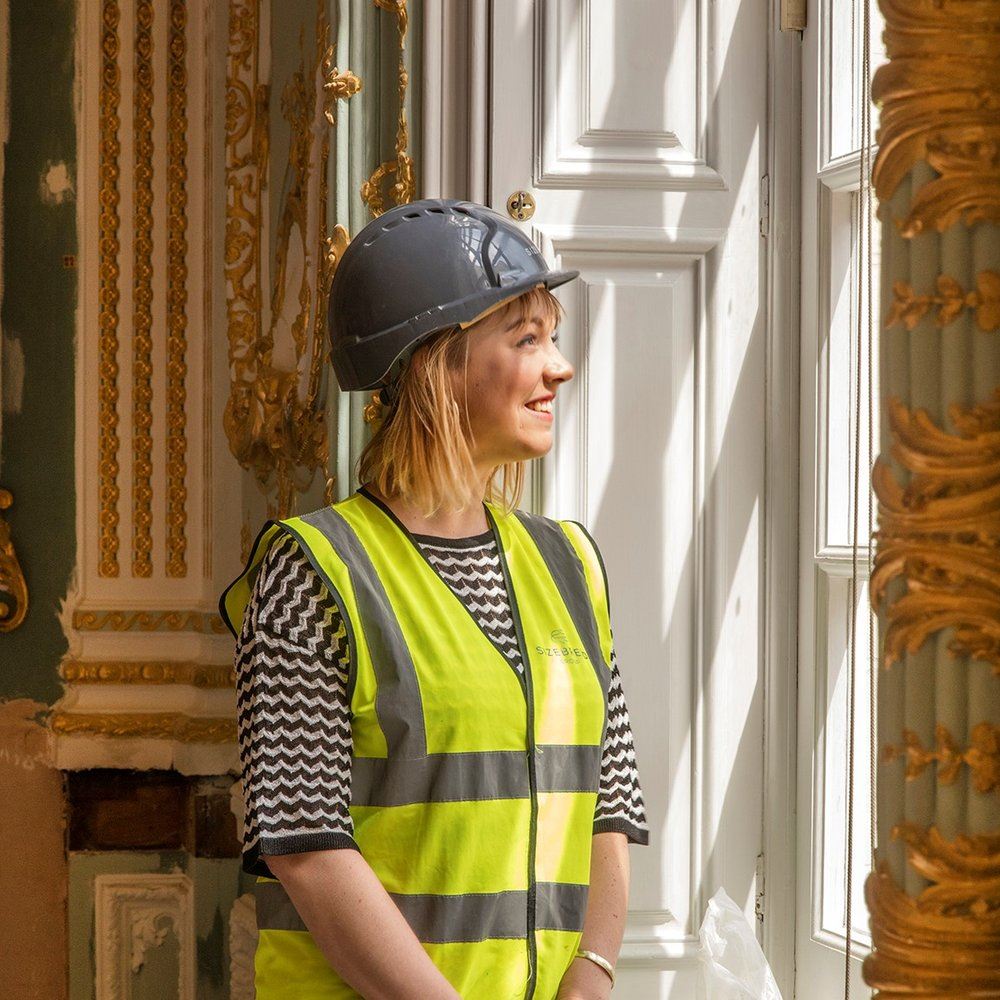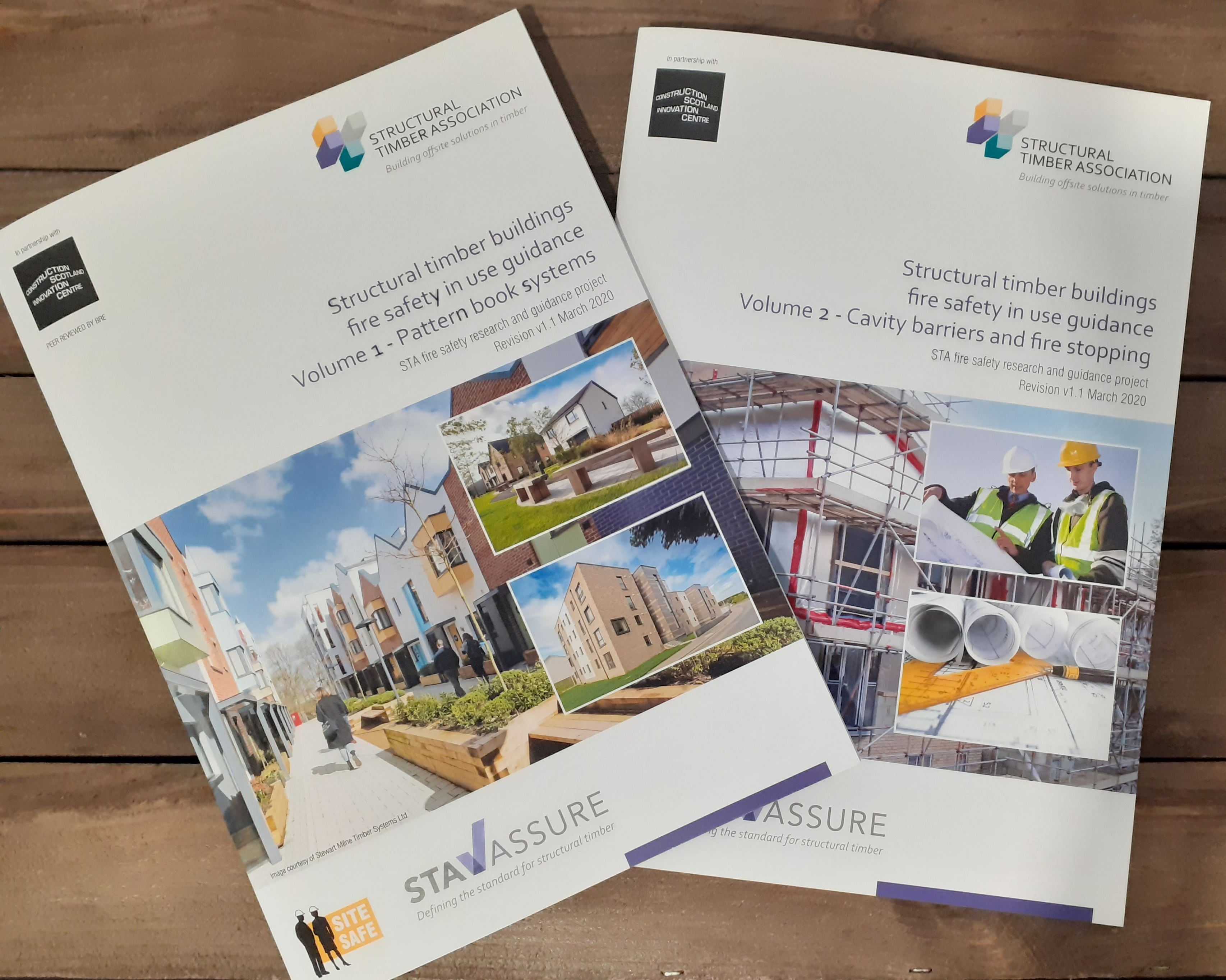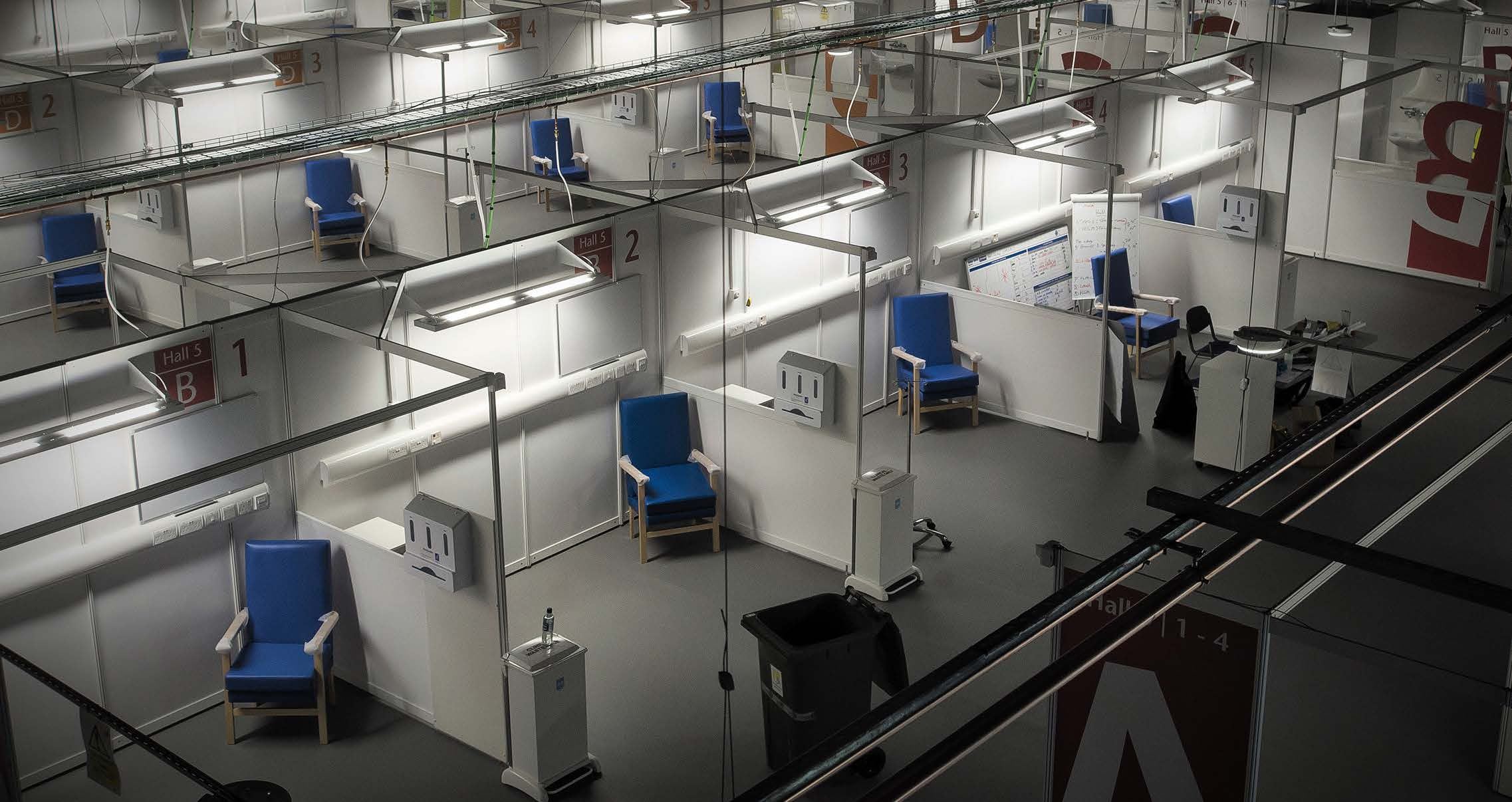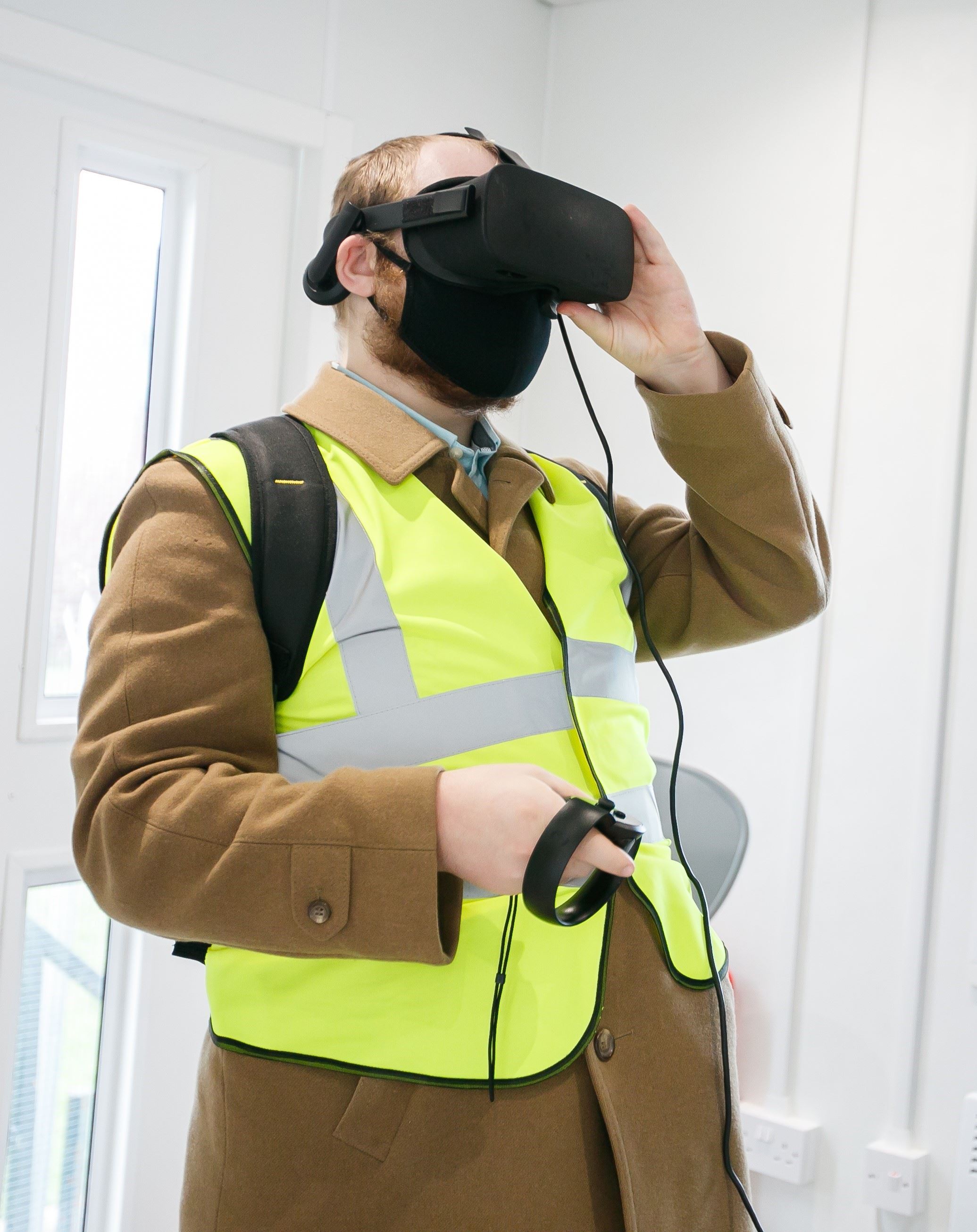Content
Emily Carr, BE-ST Beacon Winner: Driving change through EDI and skills

As a Senior Design Manager at Kier, Beacon Award winner, and former Built Environment Change Maker, Emily Carr has become a driving force for systemic change in the industry - especially when it comes to equity, diversity, inclusion (EDI), and skills development.
Speaking to BE-ST, Emily reflects on her journey and the real challenges behind transforming the industry’s workforce.
Going beyond attraction and retention
“When we talk about change in construction,” Emily explains, “people often default to, ‘we need to get new people in’ or ‘we need to stop people from leaving’ - and yes, attraction and retention are important. But there’s much more to it.”
Emily stresses that we need to understand how to develop and empower people once they’re in the industry as well as attract and retain talent. Alongside a team at Kier, Emily has been exploring exactly this. “It’s about nurturing skills over time, supporting people as mentors, role models, and leaders so we create a continuous cycle of growth,” she says. “Otherwise, things get stuck.”
Her work as a Change Maker with BE-ST as well as her experience undertaking her Churchill Fellowship in Sweden, gave her the space to test new ideas. During her fellowship, she facilitated workshops with construction professionals to identify blockers and opportunities for change in Sweden, finding they faced many of the same challenges we see in the UK. From that, she developed a system map using Kumu, an open-access platform that visualises the interconnected steps needed to create a more inclusive and skilled workforce.
“What we found is that it doesn’t matter where you start, whether it’s a podcast, a toolbox talk, or formal EDI training, because each element is connected. What matters is leadership. You need your leaders in the room for these conversations, not just approving them from afar.”
A systemic lens on people and skills
Emily’s research and practical experience show that real transformation in the built environment requires a systemic approach. “Ultimately, we’re talking about people and people are the system. EDI isn’t a box to tick. It’s how we build high-performing, future-ready teams.”
She also sees EDI and skills as inseparable from the push towards net zero, recognising how vital it is for every part of the supply chain to be included in these conversations.
“It’s an ever-changing landscape,” she says. “You have to assume there’s more to learn. And collaboration with the supply chain is essential. We need more of those voices to get real traction on net zero.”
Collaboration that changes things
Asked about a project where collaboration made a significant impact, Emily shares the story of the ‘Constructing Futures’ programme developed by Kier while working on Currie High School in Edinburgh.
The site team noticed that some students struggled with engagement in traditional subjects. In response, they developed a construction skills programme that allowed pupils to get hands-on experience with trades, learning how to render, tile, and erect stud walls in a safe environment.
The outcome was significant and attendance at school increased. Students were more motivated, and attitudes towards construction careers shifted among pupils, parents, and teachers alike.
“It wasn’t just about careers advice, it was a ripple effect,” says Emily. “The initiative wasn’t designed to educate influencers, but it did. It demonstrated how one intervention can touch many parts of the system.”
This philosophy is now embedded in a framework called Building Better Careers for All, which Emily and others in Kier’s construction division Northern Scotland are helping to shape. It reflects her belief that real change doesn’t happen in silos, it happens when people come together, share what works, and keep the bigger picture in mind.
Recognition and what’s next
Emily was one of the first recipients of the BE-ST Beacon Award in 2023, an award that acknowledges individuals driving transformation in the built environment. For her, the recognition was meaningful.
“Often when you're advocating for marginalised voices, you wonder if anyone sees it. Being recognised like that, it meant so much. It said, ‘We see what you’re doing, and it matters.’”
She hopes the growing Beacon Award network will continue to connect and amplify those working across disciplines and roles: “You don’t have to be a project manager or have 30 years of experience. It’s about your attitude and your advocacy for where we’re going as an industry.”
What’s next for Emily?
Emily continues her work on Reimagining Paisley Museum, a flagship cultural regeneration project still in early design stages. Alongside this, she stays closely involved in the ‘Building Better Careers for All’ programme.
“It’s about building differently – better - while still delivering for our clients,” she says. “But always with that question in mind: how can we do this in a way that helps us move forward as a system?”



